O Governo Aberto no Brasil
Salle / Hall : Bibliothèque Cujas - Salle de conférences
Horaire / Schedule : 13h20 - 14h50
Président de séance : José Horácio Halfeld Rezende (Presidente do Instituto dos Advogados de São Paulo - IASP)
Langue / Language : Português/Français
L’objectif est d’étudier le gouvernement ouvert au Brésil sous ses différentes approches (justice ouverte, administration, secteur public et privé, villes intelligentes, accès à l'information...).
Intervention 1. Le Brésil et les Gouvernements ouverts : retour sur 5 ans d’expérience
Fabro Steibel - Directeur de exécutif (Institute for Technology and Society – Rio de Janeiro), OGP-IRM Brazil
Présentation de l’expérience brésilienne des gouvernements ouverts (du début de l’adhésion à l’OGP à aujourd’hui sachant que le Brésil est un membre fondateur).
Intervention 2. The access policy to housing and public transparency of decisions taken by the State in the digital age
Ercules Matos E. Silva - Instituto do Capitalismo Humanista (Brasil)
The interference of the government in regulating human behavior, and, also, on the basic needs of society is undeniable and known to all. The internet is the worldwide phenomenon that exposes both the blessings and the illnesses of the State, so that it is possible to equip ordinary citizens with relevant information on public policies for the realization of access to housing. In this view, in the digital age there is a public policy linked with the need to render an efficient service by the government related to the right to information.
Intervention 3. Hearings in the Judiciary as implementation of open government and transparence policies in the justice
José Horácio Halfed Rezende Ribeiro - Président de l’Institut des Avocats de São Paulo - Instituto do Capitalismo Humanista (Brésil)
Transparency is one of the pillars of open government. The implementation and verification of the effectiveness of Transparency Policies are, therefore, essential. In this sense, the public hearings in the judiciary, planned in Brazil by the Law 9869/99, which provides for the processing and trial of the Direct Unconstitutionality Action and Declaratory Actions for Constitutionality before the Supreme Court. Therefore, it´s necessary use the public space notions developed by Hannah Arendt and the need to rescue a public environment for public discussion. Studying the space notions and public discussion since antiquity until the contemporary age for, it´s possible verify an evolution, that, indeed, imposes the transversality of the court decisions effects, the achievement of the public hearings on the scope of transparence in the justice.
Intervention 4. Transparency in the legal system of child protection
Evani Zambon Marques Da Silva - Phd, Senior Professor, Université catholique pontificale de São Paulo, Chef psychologue de l'État à la Court de São Paulo au regard du droit de la famille (Brésil)
It’s extremely important transparency in the legal system of child protection. The notion of infancy, as its known today is a product of a long interdisciplinary construction, which places the child as a subject entitled to its rights only in the end of the 20th century. This turns the child, as well as in other aspects, the target to various public policies in the search to valorise as well as foment the companionship in regards to its biological family. Therefore, the projects, through the judiciary system, related to the adoption of Brazilian children, at a national and international level, as well as placing in substitute homes. So for the realization of these projects and to guarantee the regularity and the legality, chiefly adoptions, the transparency and the collection of data are of extreme importance to effectively create an open justice.
Intervention 5. Administrative acts and Participative Democracy: Proposal for a transparent management
Marcelo José Grimone - Masters Degree / Professeur (Faculdades Integradas Padre Albino (FIPA), Instituto do Capitalismo Humanista (Brésil)
A philosophical and humanistic reflection on the construction, reconstruction and realization of human rights in Brazil by imposing limits on the discretion of the administrative acts. An administrative management as overcoming instrument of social inequalities and promoting existing human being. An open and participatory government with the main objectives of promotion of public services (health and education) and promoting sustainable economic development.
Intervention 6. Public hearings in the Judiciary as implementation of open government and transparence policies in the justice
Pellini Junior Roberto – Avocat, Professeur (UNISAL), Instituto do Capitalismo Humanista (Brésil)
Transparency is one of the pillars of open government. The implementation and verification of the effectiveness of Transparency Policies are, therefore, essential. In this sense, the public hearings in the judiciary, planned in Brazil by the Law 9869/99, which provides for the processing and trial of the Direct Unconstitutionality Action and Declaratory Actions for Constitutionality before the Supreme Court. Therefore, it´s necessary use the public space notions developed by Hannah Arendt and the need to rescue a public environment for public discussion. Studying the space notions and public discussion since antiquity until the contemporary age for, it´s possible verify an evolution, that, indeed, imposes the transversality of the court decisions effects, the achievement of the public hearings on the scope of transparence in the justice.
Intervention 7. The violation of Human Rights in Respect to the Mitigation of the Principle of the Presumption of innocence and the unappealable judgment of the criminal condemnation
Silvano Andrade do Bomfim
The principle of the presumption of innocence and its close relationship to the human rights demands reflection before the social clamor for an effective justice and reasonable length of the process. However, when this principle is directly related to the unappealable criminal condemnation, the notion of justice may sometimes seem distant when numerous procedural appeals are still possible to be handled before the higher courts, since the immutability of the decision will lead to more time to occur, extending the presumption of innocence and therefore postponing the fulfillment of the sentence.
The Article analyzes the recent decision of the Supreme Federal Court of the Federative Republic of Brazil, which on November 11, 2016, judged an extraordinary appeal to which it attributed binding effect, proclaiming the constitutional fulfillment of the criminal sentence after a conviction in a second instance court. Even if there is a special appeal addressed to the Superior Court of Justice or extraordinary appeal addressed to the Federal Supreme Court for the Brazilian Supreme Court, such an understanding does not violate the principle of presumption of innocence, even though the execution of the sentence begins before the immutability of the condemnation, which will only occur when no appeal is possible.
The Brazilian decision, general and mandatory in the Country - whose Constitution expressly establishes in art. 5, LVII, that no one will be found guilty before the final judgement - will be studied in the light of international human rights treaties and conventions the interpretation of international courts, especially the European Court of Human Rights.



